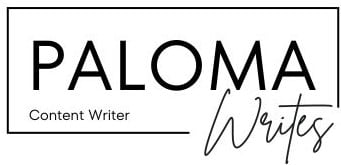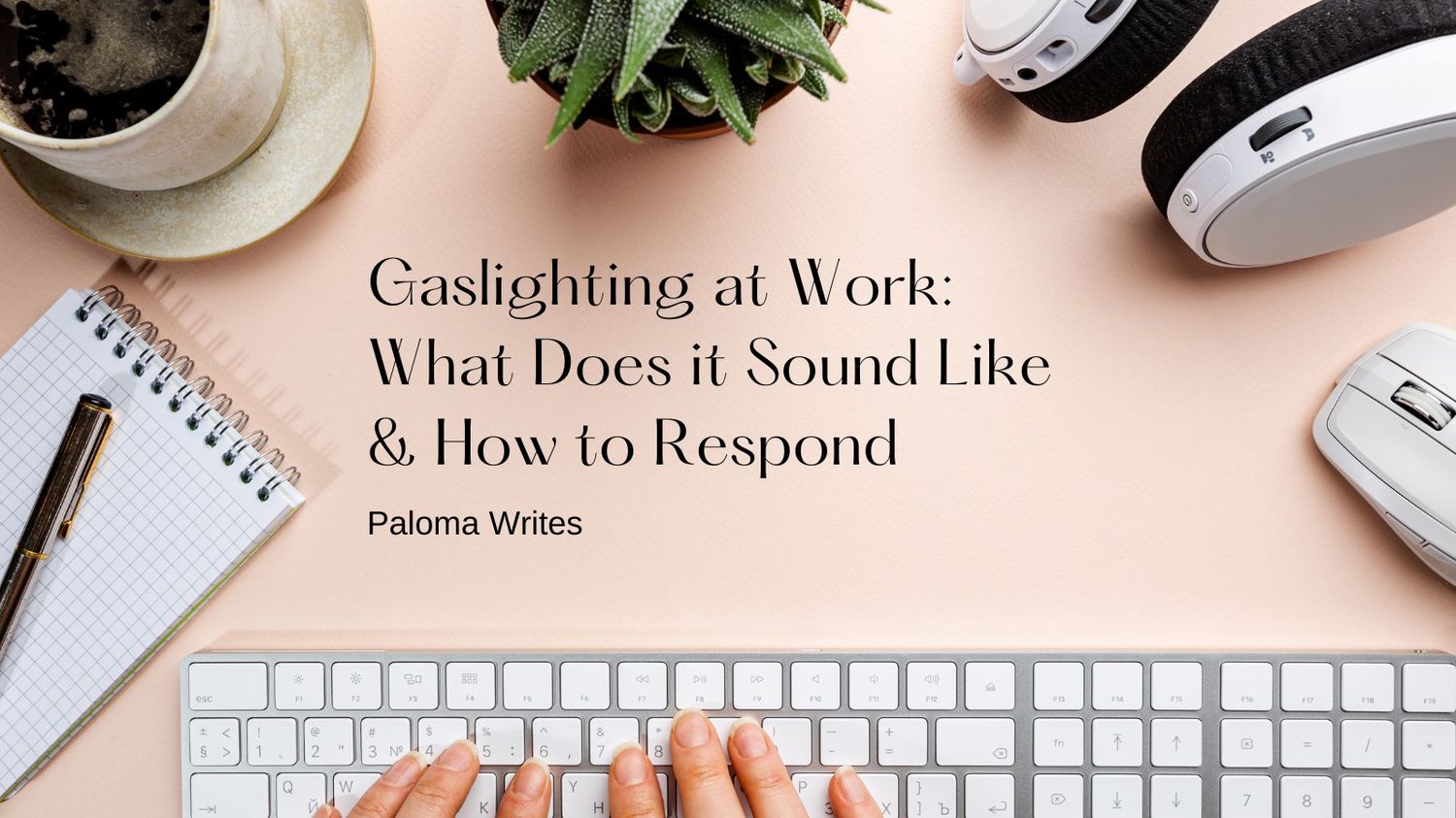Have you ever raised a concern or expressed a need at the workplace, only to be told you are exaggerating?
Have you doubted your own perception of a situation because you were told you were blowing things out of proportion?
Have you felt psychologically unsafe at work but unable to pinpoint why?
If you’ve answered yes. Chances are you were being gaslighted.
Gaslighting is a form of manipulation that involves denying, distorting, or manipulating information to make someone question their own perceptions or memories.
I’ve compiled ten examples of what gaslighting might sound like in the workplace, followed by some examples of how I respond. Some of these are taken from my lived experience. In those moments, I have often gone into “freeze response, " meaning I became non-verbal and fearful. I’m now better equipped to identify what gaslighting sounds like and how to respond.
- "You're being too sensitive. I didn't say that."
Respond with: "I understand that we may have different perspectives on this, but I feel hurt by what you said. Can we talk about communicating in a less defensive way?"
2. "That's not what happened. You must have misunderstood."
Respond with: "I remember the situation differently. Let me give you my understanding of what happened."
3 ."You're overreacting. It wasn't that big of a deal."
Respond with: "I'm sorry if I gave the impression of overreacting, but this issue is important to me and I want to address it in a constructive way.
4."You're just being paranoid. I never said anything like that."
Respond with: "I appreciate that you may not have intended to cause harm, but I feel like I've been dismissed and I want to make sure we're on the same page moving forward."
5."You're the only one who has a problem with this. Everyone else is fine with it."
Respond with: "I understand that others may not share my concerns, but I feel like it's important for me to express my perspective. Also, just because they are not saying anything does not mean they don’t have an opinion. It’s possible they don’t feel safe saying it."
6."You're not allowed to go over my head. You should defer to me."
Respond with: "I value your input, but I’m allowed to seek guidance from leaders that are higher up than you. It doesn’t mean I don’t value your opinion.”
7."You're just being emotional. You need to calm down and be rational."
Respond with: "Given the situation, my reaction is valid. I'm feeling frustrated right now. I’d like to take a break and revisit this later."
8."You're taking things out of context. You need to look at the bigger picture."
Respond with: "I think it's important to consider the context of this situation, but I also think we need to address the specific issue at hand."
9."You're not a team player. This is your personal issue and not my problem."
Respond with: "I'm committed to being a team player, but I also want to make sure that my concerns are heard and addressed."
10. "You're imagining things. You need to get your facts straight."
Respond with: "I'm confident in my recollection of the situation, and I'm happy to provide evidence to support my position if necessary."
Which one of those have you heard before and how did you respond?
Seeking an experienced writer who can craft compelling content? Contact me now! I will write content that resonates with your target audience. I translate your vision into impactful words.
Paloma Writes



Comments ()